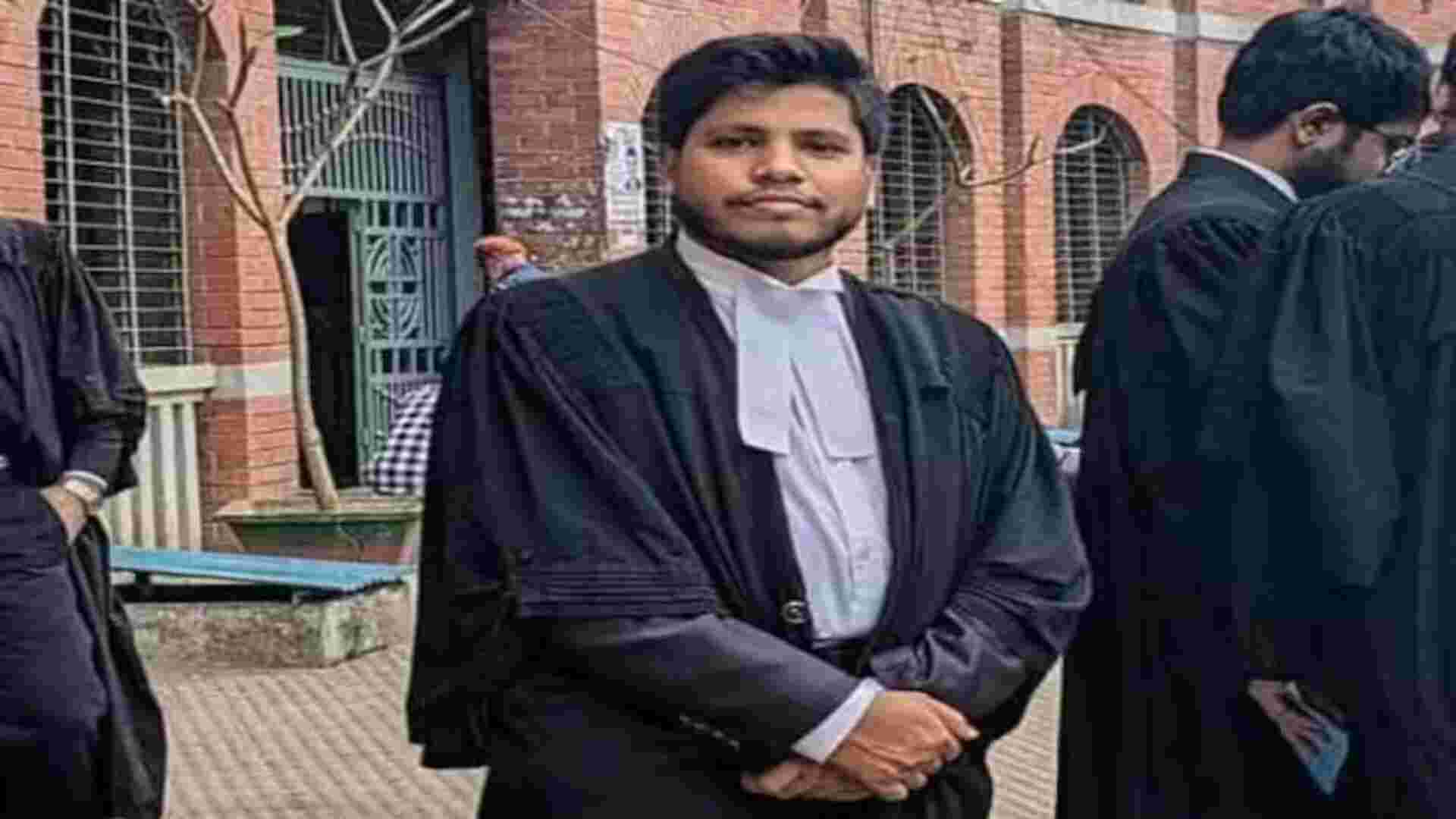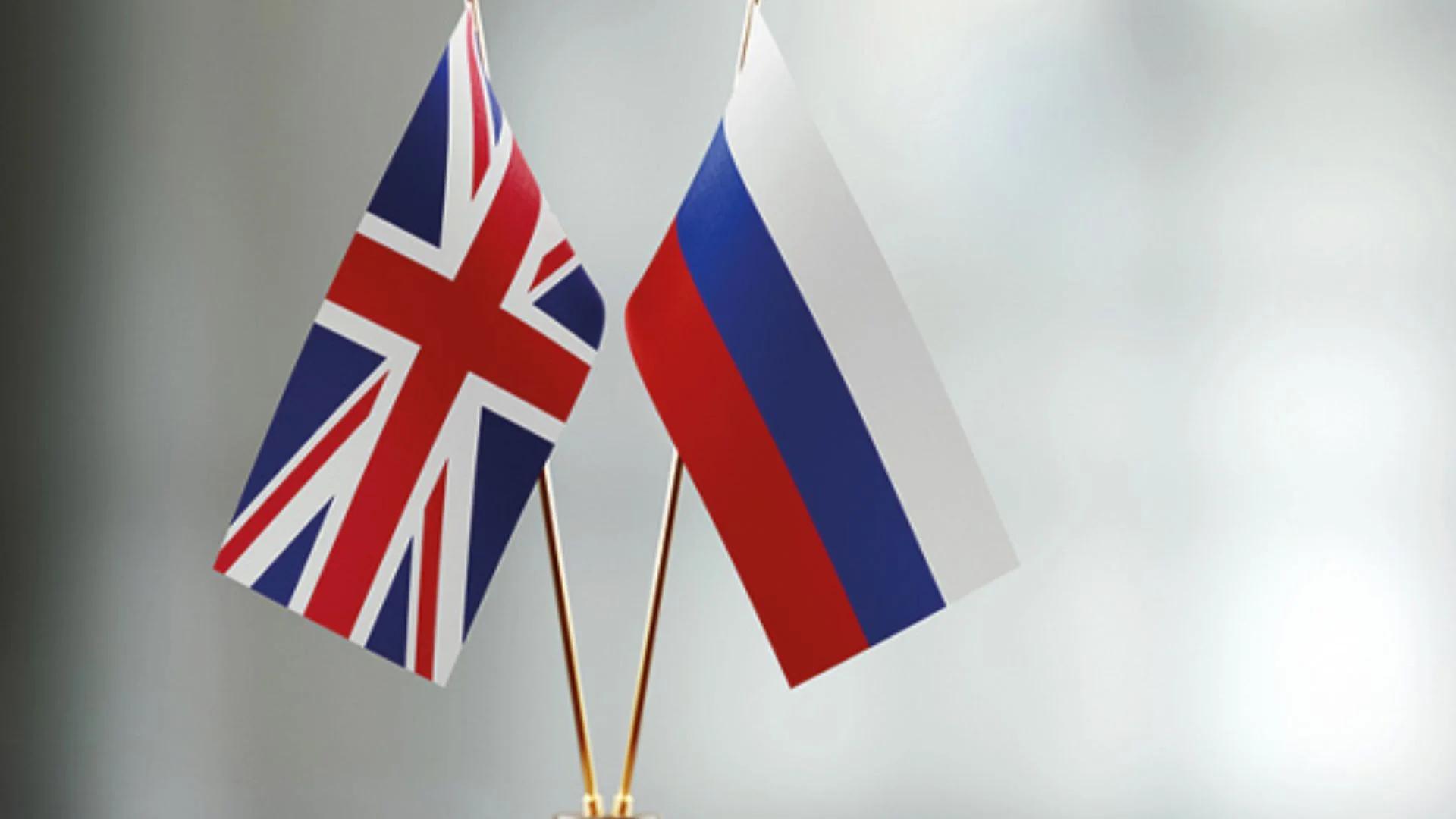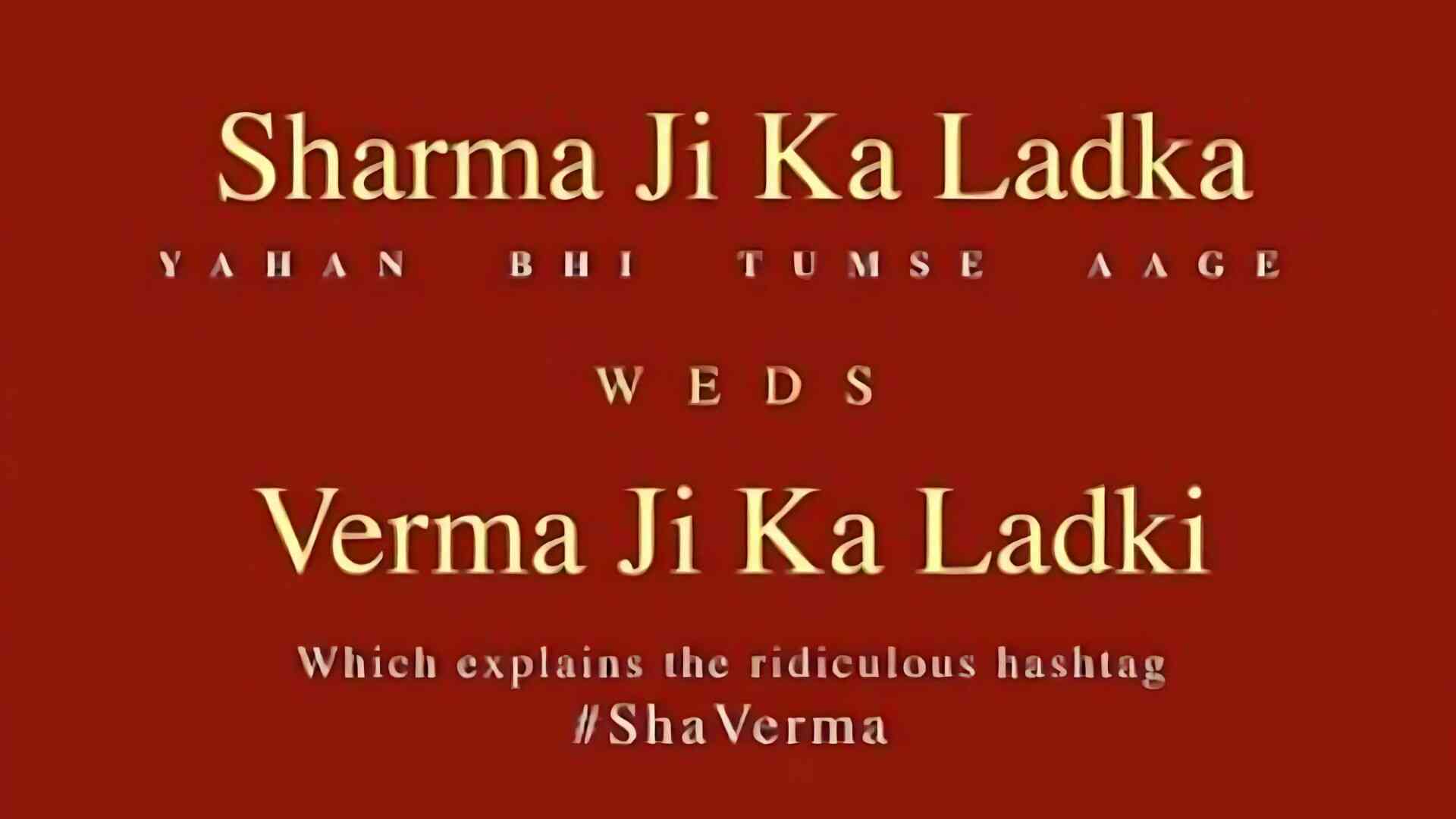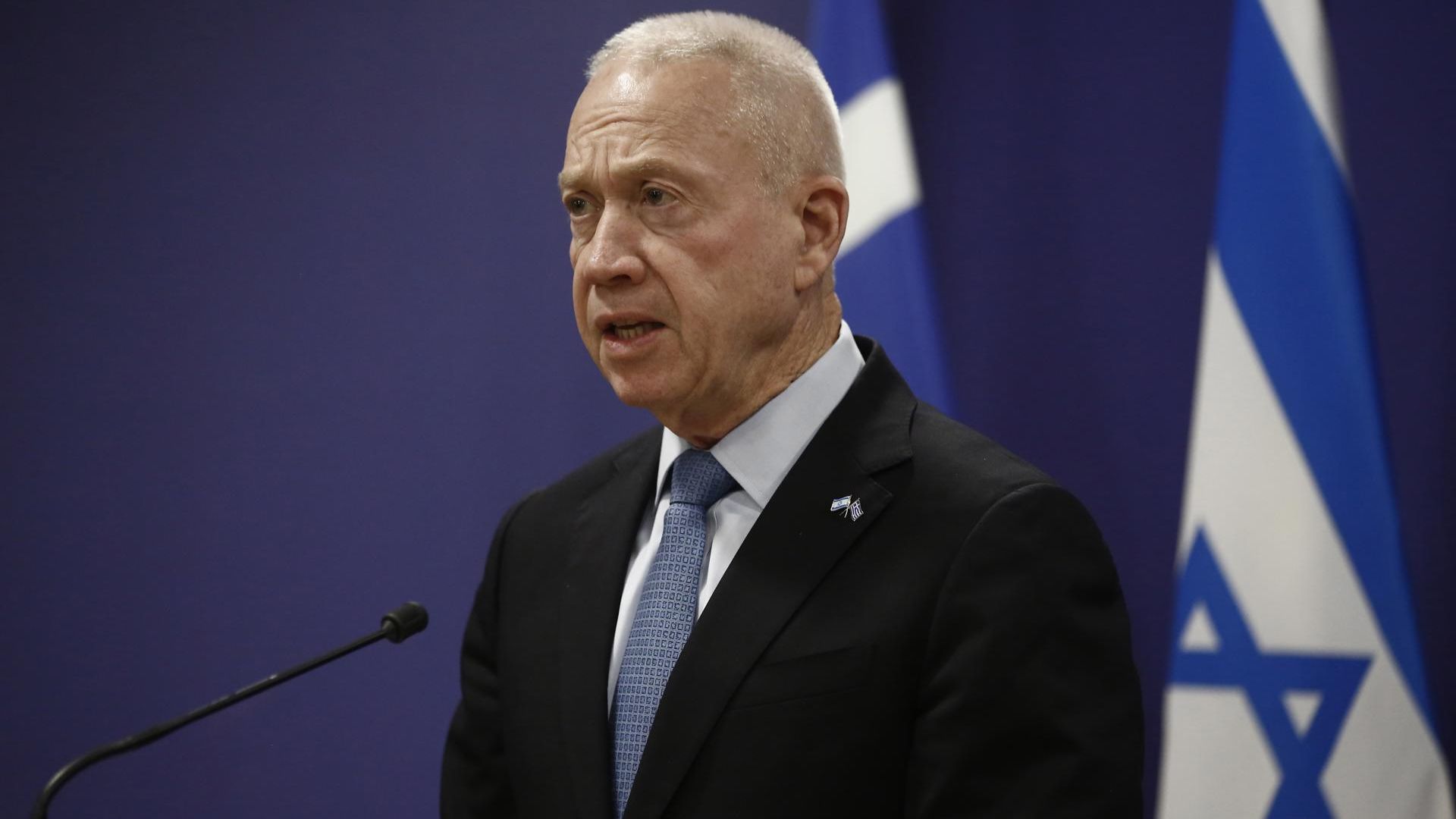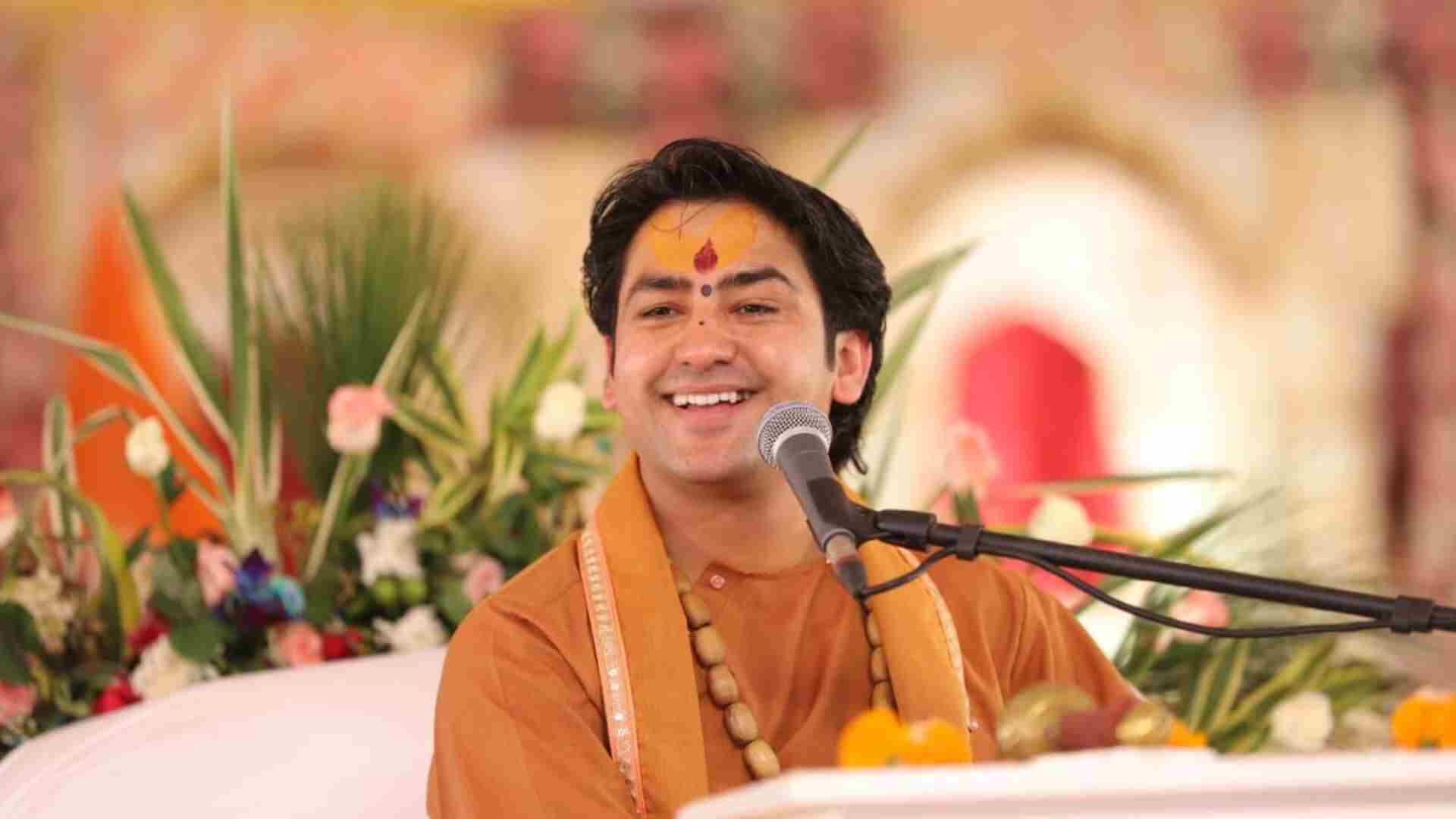The Centre has opposed in the Supreme Court a batch of pleas seeking legal validation of same-sex marriage, saying it would cause a complete havoc with the delicate balance of personal laws and in accepted societal values.
It is submitted that despite the decriminalisation of Section 377 of the Indian Penal Code, the petitioners cannot claim a fundamental right for same-sex marriage to be recognised under the laws of the country, it said.
In its affidavit, filed before the Supreme Court which is scheduled to hear the matter on Monday, the Centre said the institution of marriage between two individuals of the same gender is neither recognised nor accepted in any uncodified personal laws or any codified statutory laws.
The government said that at the outset the notion of marriage itself necessarily and inevitably presupposes a union between two persons of the opposite sex and this definition is socially, culturally and legally ingrained into the very idea and concept of marriage and ought not to be disturbed or diluted by judicial interpretation.
“It must be kept in mind that granting recognition and conferring rights recognising human relations which has its consequences in law, and privileges, is in essence a legislative function and can never be the subject matter of judicial adjudication.
The prayer made by the petitioner before this court, is, therefore, wholly unsustainable, untenable and misplaced,” it said.
It further stated that codified and un-codified personal laws take care of all branches of every religion like Mitakshara, Dayabhaga etc. in Hindus and similar differences in other religions and depending upon the personal laws applicable, the nature of marriage as an institution is different.
“Amongst Hindus, it is a sacrament, a holy union for performance of reciprocal duties between a man and a woman. In Muslims, it is a contract but again is envisaged only between a biological man and a biological woman.
It will, therefore, not be permissible to pray for a writ of this court to change the entire legislative policy of the country deeply embedded in religious and societal norms,” the government said in its affidavit.
The Centre said, “It is submitted that despite the decriminalization of Section 377 of the Indian Penal Code, the petitioners cannot claim a fundamental right for same-sex marriage to be recognised under the laws of the country.”
It added that Parliament has designed and framed marriage laws, which are governed by personal laws/codified laws relatable to customs of various religious communities, to recognise only the union of a man and a woman to be capable of legal sanction, and thereby claim legal and statutory rights and consequences.
“It is submitted that any interference with the same would cause a complete havoc with the delicate balance of personal laws in the country and in accepted societal values,” it said.

